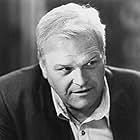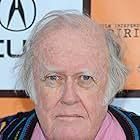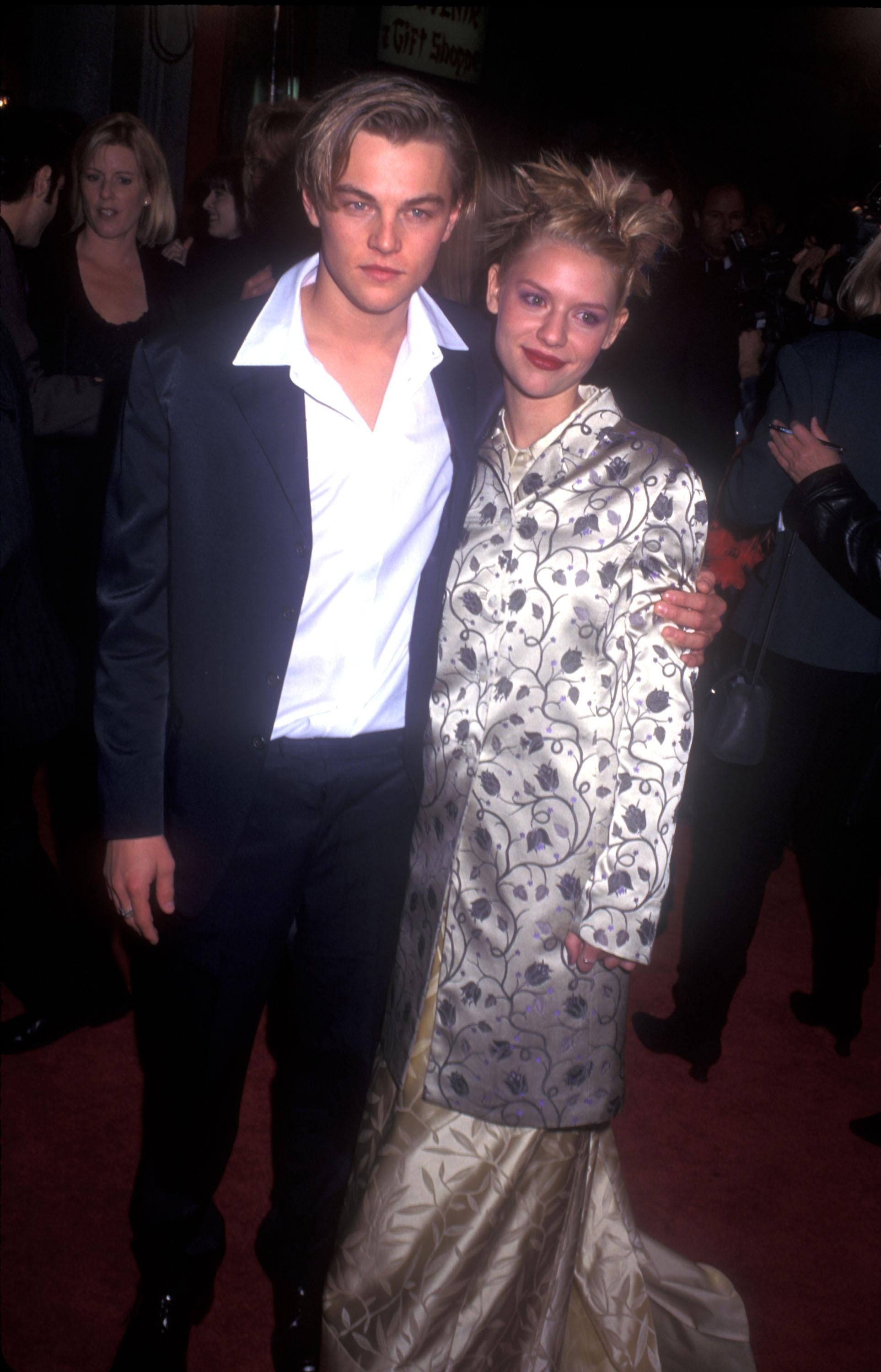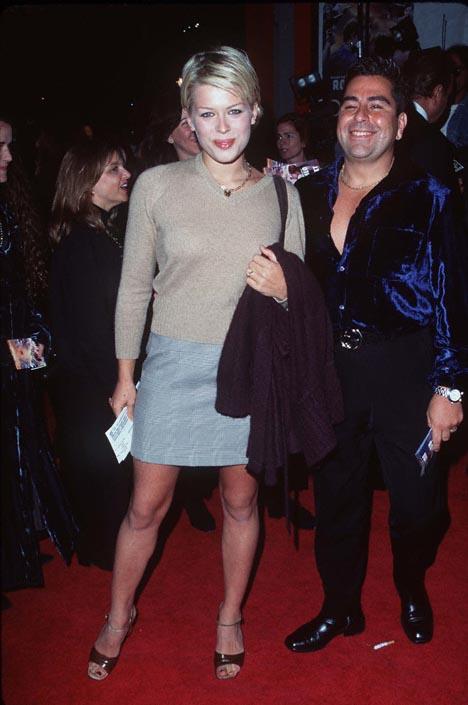Synopsis
In the vibrant city of Verona, three notable families steer the fate of its people: the Ruling House, the Capulets, and the Montagues. A bitter rivalry between the Capulets and Montagues spills onto the streets, culminating in a heated skirmish. This violent feud catches the attention of Verona's Prince, who declares dire consequences for further unrest. Meanwhile, Count Paris of the Ruling House reveals his ambition to wed the young and innocent Juliet Capulet, who is just thirteen years of age.
Amidst the tension, Romeo Montague, heartbroken over the unattainable Rosaline, is coaxed by his cousin Benvolio to move on. Fate intervenes at a lavish ball orchestrated by the Capulets, where Count Paris is meant to court Juliet. It is here that Romeo and Juliet's paths entwine, sparking an instant and profound connection. Despite the enmity between their families, Romeo and Juliet are irresistibly drawn to one another, sharing whispers of love under the gaze of the moon. With the guidance of the hopeful Friar Laurence, who dreams of healing the familial rift, they secretly wed.
However, the animosity between the families simmers dangerously close to boiling over. Tybalt, Juliet's fiery cousin, incensed by Romeo's audacity to intrude on the Capulet's celebration, demands satisfaction through a duel. Out of love for Juliet, Romeo declines, much to the disappointment and eventual intervention of his friend Mercutio. The resulting clash leads to a tragic turn of events, where Mercutio is fatally wounded. In a surge of vengeance, Romeo confronts and kills Tybalt, an act that seals his fate, resulting in his banishment from Verona.
Desolation envelops Juliet upon hearing the news of Tybalt's death and her impending marriage to Count Paris arranged by her father. Desperate for a solution, she turns to Friar Laurence. Together, they concoct a daring plan: Juliet will consume a potion to mimic death, allowing her a narrow escape from her unwanted wedding. This plan hinges on a message to Romeo, which tragically fails to reach him in time. Believing Juliet to be truly gone, Romeo returns to Verona, grief-stricken.
In the silence of Verona's crypt, the fateful meeting occurs as Paris crosses paths with Romeo. Misunderstandings lead to more bloodshed before Romeo, unbearably broken by grief, consumes a poison. When Juliet awakens, she finds a world without her beloved, prompting a heart-wrenching final act of devotion. In the wake of their sacrifices, the longstanding feud between the Montagues and Capulets dissolves, a bittersweet reconciliation nurtured by shared sorrow and the poignant tale of these star-crossed lovers.
Though the original Shakespearean tale was penned over four centuries ago, its themes of love, fate, and reconciliation remain timeless. This cinematic retelling breathes modern life into the ageless narrative, capturing the undying essence of a love that defies all odds.
Argument
At the heart of lies a complex tapestry of familial rivalry, forbidden love, and tragic fate. Set in the vibrant city of Verona, the narrative is propelled by the deeply entrenched enmity between two noble houses: the Capulets and the Montagues. This age-old feud becomes the breeding ground for a tale of young love, despair, and, ultimately, reconciliation. The story ingeniously intertwines the lives of three pivotal families, including the ruling house of Verona itself. The inciting incident unfolds as a public brawl between the Montague and Capulet factions erupts, a manifestation of their bitter hostilities that demands the intervention of Verona's Prince. His stern decree threatens punishment should these clashes persist, yet the animosities brewing between the houses cannot be extinguished so easily.
The Capulet family's plans to unite their young daughter Juliet in matrimony with Count Paris from the ruling family form another layer of tension. Paris's interest in Juliet is indicative of the social pressures and expectations placed upon her at the tender age of thirteen, demonstrating the limited agency afforded to her as a woman in her society. This marriage proposal, while seemingly elevating her status, only serves as a backdrop for the more profound and passionate connection that soon develops between Juliet and Romeo Montague.
Romeo, in the wake of the street skirmish, is found nursing the wounds of unrequited affection toward Rosaline, a niece of Lord Capulet. His emotional journey shifts dramatically during the Capulet's grand ball, intended to engender Parisi and Juliet's acquaintance. Unbeknownst to him, this event becomes the catalyst for his transformative encounter with Juliet, wherein the mere exchange of glances ignites an instantaneous and fervent love that defies the boundaries set by their familial affiliations. This pivotal moment marks the beginning of Romeo's evolution from a despondent suitor into an ardent lover.
The narratives of secrecy and bold declarations of affection converge as Romeo, emboldened by newfound passion, divulges his identity to Juliet. Their clandestine romance quickly advances as they beseech the guidance of Friar Laurence. His role transcends that of a mere confidant or officiant; he embodies the hope for reunification between the warring houses. The clandestine marriage he orchestrates represents not just a union of two individuals but a symbolic gesture for peace, hinting at a possible resolution to the conflict that plagues their world.
This delicate equilibrium of hope is abruptly shattered by Tybalt, Juliet's fiery cousin, who confronts Romeo, incensed by his intrusion upon the Capulet event. However, Romeo, swayed by his love for Juliet, rejects the challenge in a bid to avert violence—a decision that inadvertently shifts the narrative onto Mercutio. He intervenes on Romeo's behalf, culminating in his tragic wounding and subsequent death. This grievous loss triggers a moment of blistering action and consequential decision-making as a distraught Romeo retaliates by slaying Tybalt, an act that seals his banishment from Verona.
The subsequent spiral of despair is punctuated by Lord Capulet's hastened plans for Juliet's marriage to Paris, adding layers of complexity and urgency to Juliet's plight. Her desperate recourse to Friar Laurence's counsel sets the stage for a daring, albeit perilous, stratagem: she is to imbibe a potion that simulates death, allowing her to escape with Romeo, who is to be notified by a messenger. Yet, the very fate that binds their hearts conspires against them as this critical message goes undelivered, plunging the young lovers into an abyss of miscommunication and impending doom.
As Juliet succumbs to the effects of the potion, she is declared dead and laid to rest in her family's crypt. This misperception sets into motion a deeply tragic sequence as Romeo, ignorant of the plot, purchases poison and trespasses upon the solemn cavern. There, fate intervenes once more as he encounters and confronts Count Paris. Their confrontation is a microcosm of the overarching conflict, resulting in Paris's demise. Romeo's ensuing despair, accentuated by his belief in Juliet's death, propels him to consummate his despair through self-administered poison, terminating any hopes for redemption through their union.
When Juliet finally awakens to the grim reality of Romeo's lifeless form, her grief propels her to a decisive act of tragic finality. Her suicide, facilitated by Tybalt's gun, underscores the profound consequences of hatred and misunderstanding, leaving a haunting tableau of youth's potential extinguished by blood feuds and ill-fated destinies.
The narrative culminates with a moment of solemn reflection as the Capulets and Montagues, drawn together by the devastating truth unveiled by Friar Laurence, stand at the threshold of reconciliation. They embrace the long-denied peace, prompted by the ultimate sacrifice of their children. As the curtain falls, the play implores audiences to ponder the relentless grip of fate and the harrowing cost of entrenched enmities, poignantly captured within Shakespeare's enduring tragedy. The precise timing of Shakespeare's composition of this timeless romance remains obscured in history, yet the estimated date of 1591 is inferred from perceived historical cues.
Cast

Leonardo DiCaprio
Romeo

Claire Danes
Juliet

John Leguizamo
Tybalt

Harold Perrineau
Mercutio

Lupita Ochoa
Attractive Girl

Pete Postlethwaite
Father Laurence

Gloria Silva
Nun

Paul Sorvino
Fulgencio Capulet

Brian Dennehy
Ted Montague

Paul Rudd
Dave Paris

Vondie Curtis-Hall
Captain Prince

Carolyn Valero
Middle Age Occupant

Miriam Margolyes
The Nurse

Paco Morayta
Middle Age Occupant

Jesse Bradford
Balthasar

M. Emmet Walsh
Apothecary

Margarita Wynne
Station Mother

Zak Orth
Gregory
Multimedia













